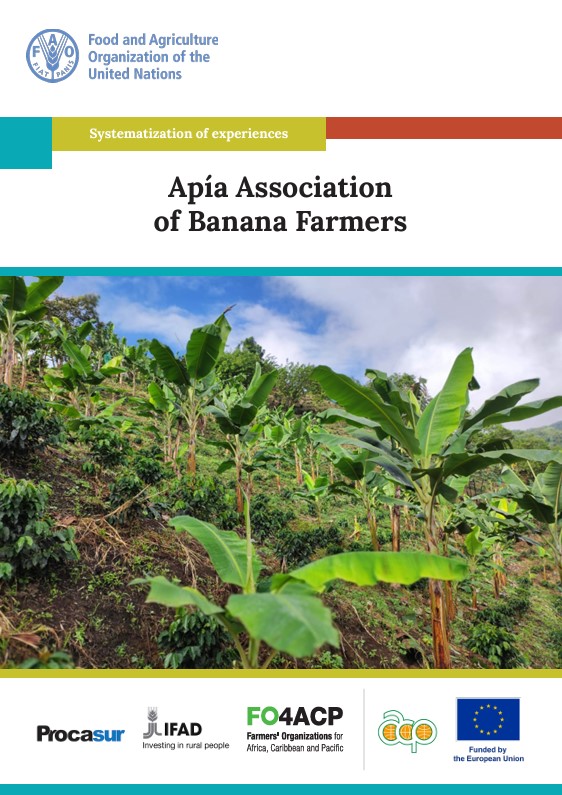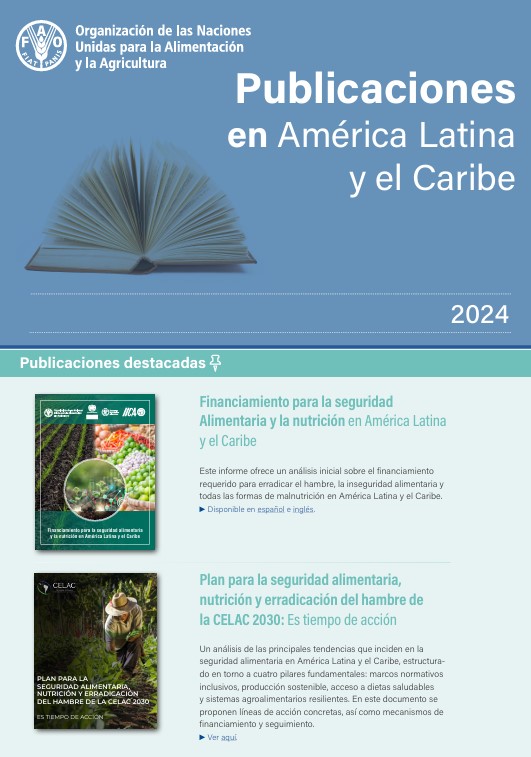Publications
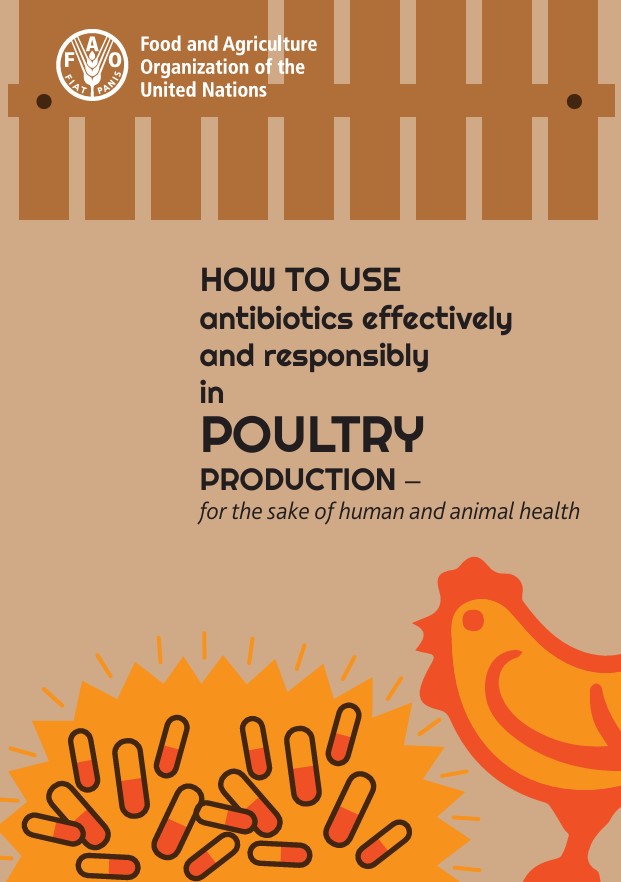
How to use antibiotics effectively and responsibly in poultry production - for the sake of human and animal health
24/09/2024
The use of antibiotics and thus the threat of antimicrobial resistance (AMR) can be reduced by adopting the right husbandry practices. This publication provides practical tips to the livestock producer aiming at improving animal health and hence the reduced use of antibiotics
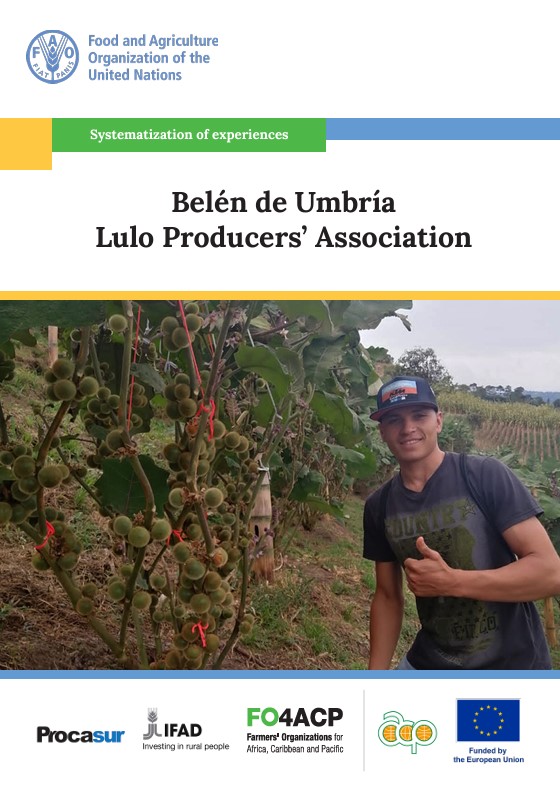
Belén de Umbría Lulo Producers' Association Systematization of experiences
18/09/2024
Belén de Umbría Lulo Producers' Association (ASLUBEL) has been operating in the Municipality of Belén de Umbría since 2007. It is a small lulo producer association that has become one of the main companies producing this product in the Department of Risarald
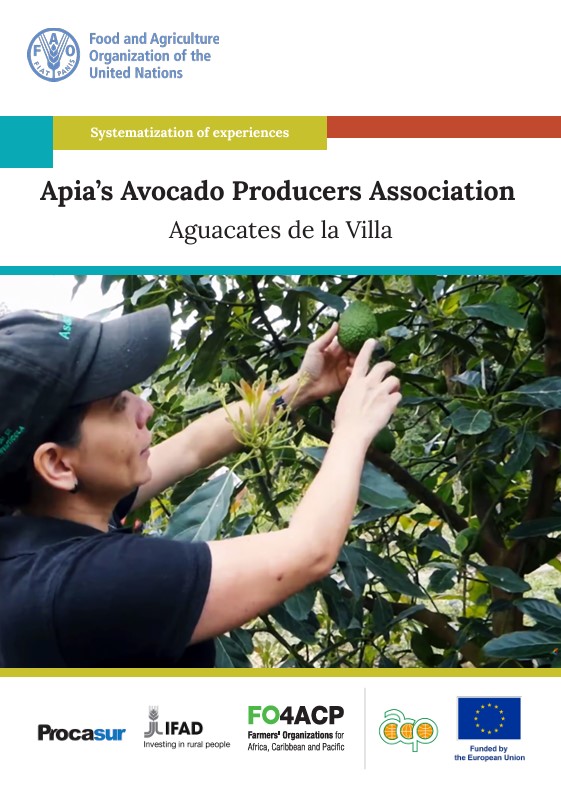
Apia’s Avocado Producers Association Aguacates de La Villa Systematization of experiences
18/09/2024
Apía's Avocado Producers Association Aguacates de la Villa has been operating in the Municipality of Apía, Colombia, since 2013. It is a non-profit organization made up of small avocado producers.
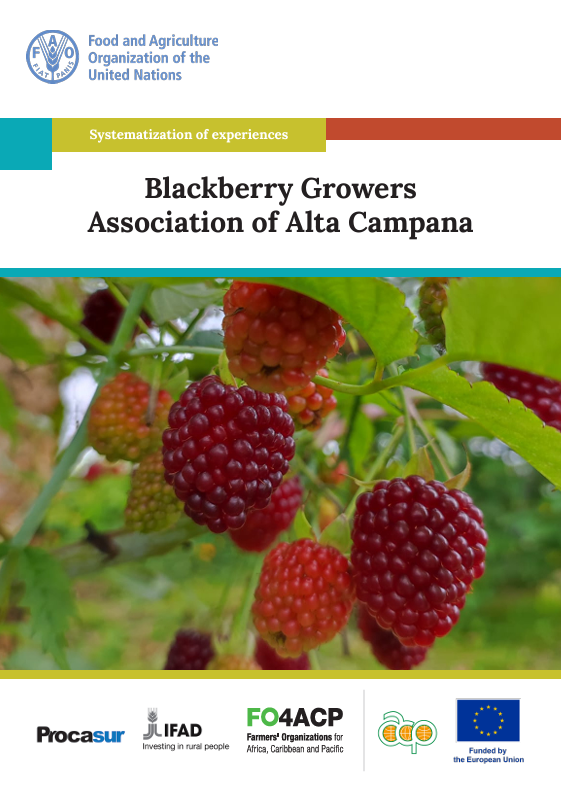
Blackberry Growers Association of Alta Campana - Systematization of experiences
18/09/2024
Asociación de Moreros de Alta Campana (Blackberry Growers Association of Alta Campana – ASOMORALCA) has been operating in the Municipality of Apía since 2008. It is an association of small farmer blackberry producers initially founded by 12 villagers who did not own land and who with much difficulty were able to sell approximately 15 000 kg of fruit for USD 6 700 yearly.
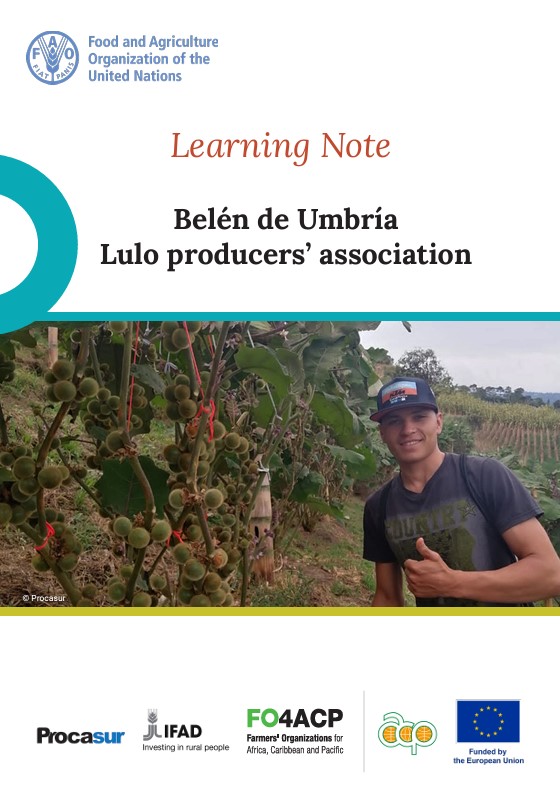
Belén de Umbría Lulo producers’ association - Learning Note
13/08/2024
Based on the information collected and the analysis done, ASLUBEL’s experience allows reflecting on certain important characteristics of the company’s trajectory.
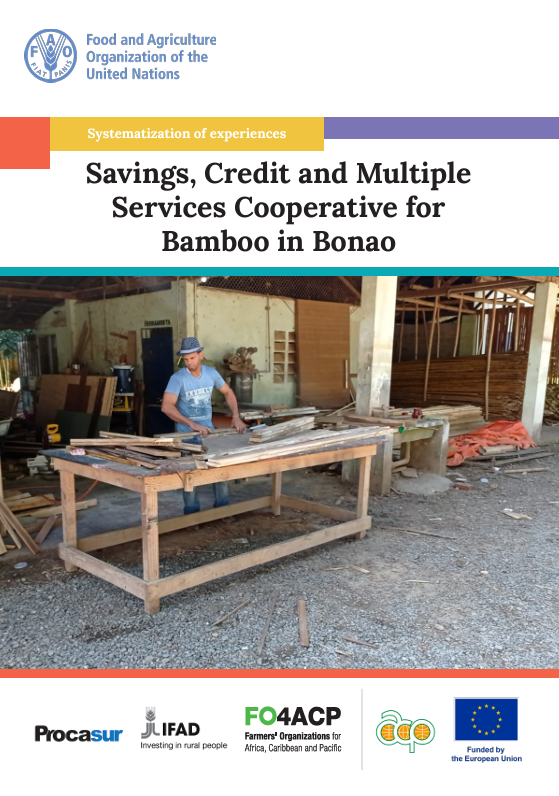
Savings, Credit and Multiple Services Cooperative for Bamboo in Bonao
09/08/2024
The aim of this document is to describe and analyze the development of an organization of small family farmers of the Dominican Republic that has been in existence for seven years and can show positive results in economic, social and environmental terms for the families that make it up.

